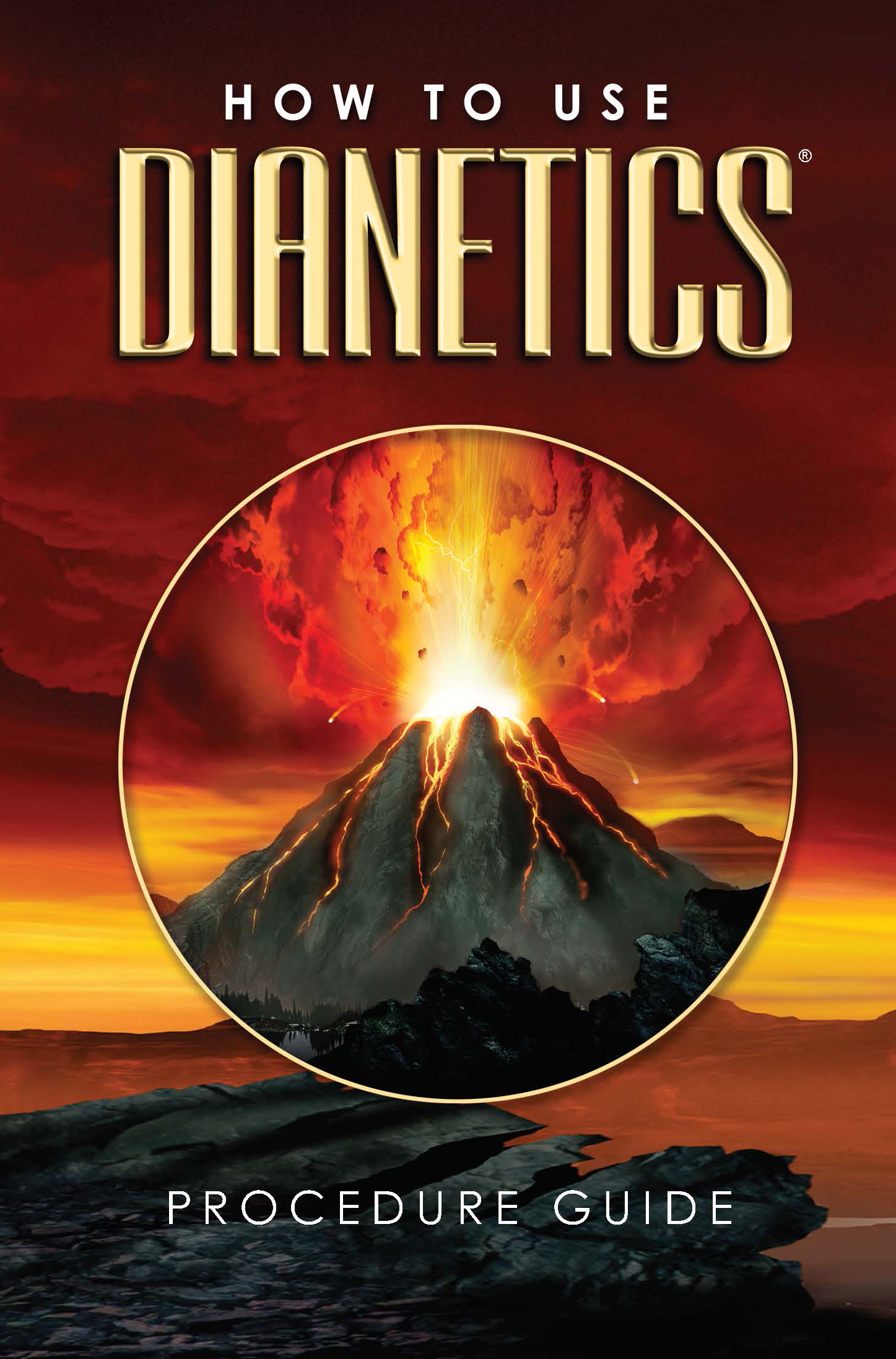Dianetics for Dummies
Dianetics for Dummies
Blog Article
An Unbiased View of Dianetics
Table of ContentsTop Guidelines Of DianeticsDianetics - The FactsThe Of DianeticsSome Ideas on Dianetics You Should Know
I could not ever before not want to obtain anything that enters your mind for you- if it was otherwise, I would not be sitting below with you, doing this. I not only can never ever have an issue, or otherwise wish to listen to something that enters your mind for you, yet I'm entirely anxious to understand every concept, every thought, every picture or sensation that arises or shows up for you- don't ever believe or else, and if somehow you do, please simply let me understand! Often, you might have an idea, and image, idea or occurrence pop up that does not seem to address the concern, or connect to it, yet nonetheless, constantly do inform me concerning it, and as we proceed, the significance will arise for you.This is intrinsic in the basis of processing, and the topic of this discussion: the basic roles of the counselor and the customer: The fundamental function of the therapist is, as opposed to "basic training", not to regulate, which indicates to enforce and/or inhibit, but to rather work from the basis of EMPOWERING THE CUSTOMER.

About Dianetics
John Mcmasters revealed this basic fact splendidly well in one of his talks on Power processing, where he discusses how he was asked what this "special propensity" was that he had for giving such fantastic sessions; he needed to consider that for a moment, and found that it was what he had not been doing, in addition to what he was doing: he had not been evaluating, judging, computer, or as a matter of fact, generating any ideas, allow alone verbal expressions, after offering the command and while waiting on the computer to finish their response to their complete satisfaction; he was, merely and just, being existing with the PC, and completely interested.
The duty of the therapist, showed; that was his "unique flair". I have actually had my own experience which taught me this well, very at an early stage in the video game. In 1982, having recently completed my training and teaching fellowship on New Era Dianetics, I was running this on a COMPUTER, and there was a factor in the session where (being a bit wet behind the ears not yet having numerous hours under my belt as a professional auditor) the PC seemed to be "taking too long" to share anything vocally after I provided him a command.
This trick became one of the most important contribution that John ever made to the topic of therapy or bookkeeping (Dianetics). In my humble point of view, it is the greatest contribution that anybody has actually ever before made to these subjectsthe application is completely non-judgemental, non-evaluative, and lacking any tip, suggestions or opinion.no preconceived agenda for people, or 'levels' that they have to do
In Idenics, the only resource of info concerning a customer is the individual client. this post In Scientology we prided ourselves on not evaluating for people. All that really meant was that the auditor did not Vocally examine for the PC in session. The registrars and principles officers assessed for the computer.
Some Known Details About Dianetics

Anybody who had ever seen John audit could not aid however observe an one-of-a-kind high quality in his bookkeeping."The client's standard duty is to be there with the objective of relocating the instructions of their spiritual goals, and to openly and totally share and experience whatever manifests for them in answering the questions and performing the instructions in the processing.
This is something to process as required. But additionally, individuals regularly have previous experience and/or brainwashing in auditing/processing which, somehow, and to some extent, actually deceives them right into perspectives, ideas and actions patterns that stop the complete understanding of these duties, therefore they will often tend to inhibit the expressing of what comes to mind, as in the instances offered above. * The very first, and maybe primary instances of mis-indoctrination leading to less than totally smooth and efficient sessions, can be discovered in particular elements of the training routines, or "TR's":"TR's" are typically an individual's initial, or a minimum of early, experience in Scientology, and while I will certainly go on to explain what I view as the flaws in idea and practice, however, tend to be greatly restorative, done as they are wikipedia reference given (Hubbard firmly insists that "TR's are not processing, they are training", yet factually, they are both handling AND training)
Alan Walter made comparable observations, and improved these with his "Existence Processes". There is no "flunking", and no rejection of the truth of this being processing. The focus, as it should be, is on experiencing the other person's presence. All the symptoms which click for source get a "fail" in doing "TR-0" are just the being's efforts to resist the various other person's visibility, and as opposed to being bugged and nagged with "Flunk", which imposes "failing!" on the being, one merely requires to be urged to "stick their feet in the water a little deeper", to increasingly refurbish their capability and readiness to completely share and experience "being here", or "presence", with others.
Dianetics Fundamentals Explained

Report this page